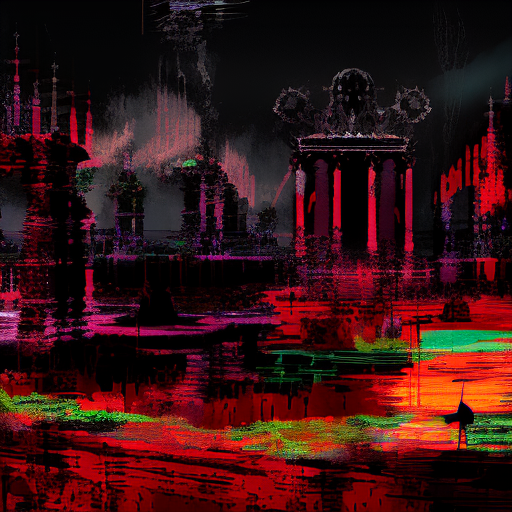One-line summary:
Antigone is a Greek tragedy by Sophocles that explores the conflict between individual conscience and the laws of the state.
The Tragic Tale of Antigone
Antigone, written by Sophocles around 441 BCE, is a Greek tragedy that delves into the clash between personal beliefs and the laws of the state. The play is set in the aftermath of a civil war in Thebes, where two brothers, Eteocles and Polynices, have killed each other while fighting for the throne. Creon, their uncle and the new ruler of Thebes, declares that Eteocles will receive a hero’s burial, while Polynices’ body will be left unburied as a punishment for his treasonous actions.
Antigone, the sister of the fallen brothers, is determined to honor her family and the gods by giving Polynices a proper burial. Despite the decree, she defies Creon’s orders and buries her brother’s body, believing that divine law takes precedence over man-made laws. Antigone’s act of civil disobedience sets off a chain of events that leads to tragedy and self-destruction.
The Conflict Between Divine and Human Laws
One of the central themes in Antigone is the conflict between divine and human laws. Antigone firmly believes in the importance of honoring her family and the gods, even if it means going against the laws of the state. She argues that divine law, which dictates the proper burial of the dead, is more significant than the laws created by mortal rulers. This clash between personal conscience and societal norms raises profound questions about the nature of justice and the limits of human authority.
Creon, on the other hand, represents the authority of the state and believes that obedience to the law is paramount. He sees Antigone’s actions as a direct challenge to his rule and the stability of Thebes. Creon’s rigid adherence to the laws of the state blinds him to the moral implications of his decisions, leading to disastrous consequences for himself and those around him.
The Tragic Flaws of Pride and Stubbornness
Both Antigone and Creon exhibit tragic flaws that contribute to their downfall. Antigone’s unwavering determination to bury her brother stems from her stubbornness and her refusal to compromise her principles. While her actions are driven by a sense of duty and loyalty, her inability to consider alternative solutions ultimately leads to her tragic fate.
Creon’s tragic flaw is his excessive pride and stubbornness. He refuses to listen to the advice of his son, Haemon, and the prophet Tiresias, who warn him of the consequences of his actions. Creon’s hubris blinds him to the fact that his decisions are causing immense suffering and alienating those closest to him. His downfall serves as a cautionary tale about the dangers of unchecked power and the importance of humility.
Key Takeaways:
- The clash between individual conscience and the laws of the state is a central theme in Antigone.
- The play raises profound questions about the nature of justice and the limits of human authority.
- Both Antigone and Creon exhibit tragic flaws that contribute to their downfall.
- Antigone’s unwavering determination and Creon’s excessive pride and stubbornness lead to tragic consequences.
“All men make mistakes, but a good man yields when he knows his course is wrong, and repairs the evil. The only crime is pride.”
In conclusion, Antigone is a timeless Greek tragedy that explores the conflict between individual conscience and the laws of the state. The play serves as a cautionary tale about the dangers of unchecked power, the importance of humility, and the consequences of rigid adherence to laws without considering their moral implications. Sophocles’ masterpiece continues to resonate with audiences today, reminding us of the enduring power of moral dilemmas and the complexities of the human condition.












